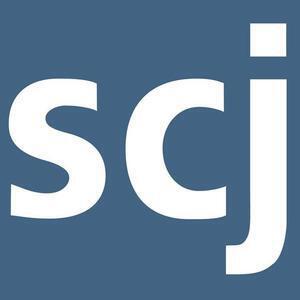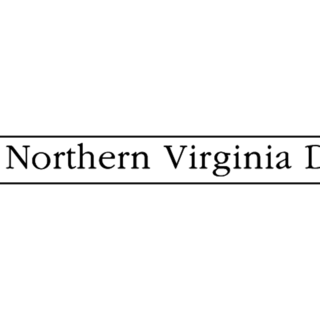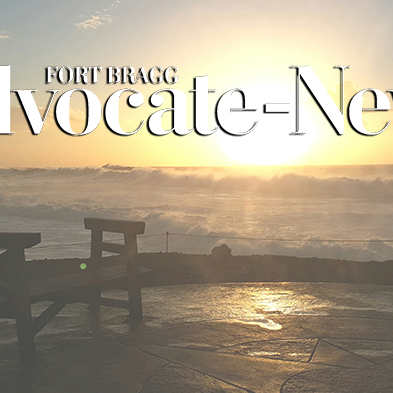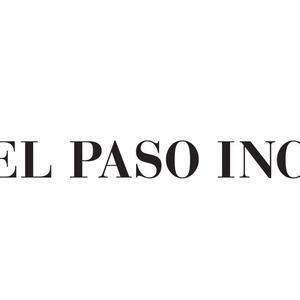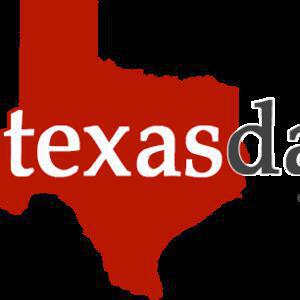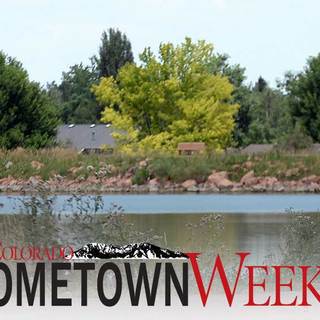Moderna announced Wednesday, May 28, that the Trump administration canceled $766 million in funding for the pharmaceutical manufacturer’s late-stage development and right to purchase bird flu vaccines. The U.S. Department of Health and Human Services cited safety and scientific concerns in its decision to cancel the contract, while Moderna shared early clinical results from its experimental bird flu vaccine.
The drugmaker shared promising early results from a Phase 1/2 clinical trial of its experimental bird flu vaccine, mRNA-1018, which includes about 300 adult volunteers.
“mRNA-1018 demonstrated a rapid, potent and durable immune response,” the company said in a release.
Stéphane Bancel, chief executive officer of Moderna, added that even though the canceled contract creates uncertainty, the drugmaker “will explore alternative paths forward for the program.”
Background on the contract
The Biden administration awarded Moderna a $590 million contract in mid-January to continue developing its bird flu vaccine using mRNA technology and to expand clinical trials for possible future pandemics. The funding would have helped Moderna quickly develop a bird flu vaccine that targets the current strains of H5N1 that are now spreading in animals.
The Trump administration also canceled a $176 million grant to fund late-stage development and testing of a pre-pandemic mRNA-based vaccine against the H5N1 avian influenza, according to Reuters.
HHS explains cancellation
A spokesperson for HHS said the administration concluded Moderna’s bird flu vaccine is not scientifically sound or safe enough.
“After a rigorous review, we concluded that continued investment in Moderna’s H5N1 mRNA vaccine was not scientifically or ethically justifiable,” HHS Communications Director Andrew Nixon said in a statement. “This is not simply about efficacy — it’s about safety, integrity, and trust. The reality is that mRNA technology remains under-tested, and we are not going to spend taxpayer dollars repeating the mistakes of the last administration, which concealed legitimate safety concerns from the public.”
mRNA and government vaccine contracts
Pfizer-BioNTech and Moderna used mRNA technology in the COVID-19 vaccines, which later came under scrutiny despite being effective and widely used.
Currently, the U.S. government has active contracts with Johnson & Johnson, a pharmaceutical company that also developed a COVID-19 vaccine without using mRNA technology. Those contracts include an $86 million agreement with the U.S. Department of Defense and a 10-year, $75 billion contract with HHS awarded in 2023.
COVID-19 vaccine maker Pfizer Inc. received a contract modification worth nearly $1.96 billion to supply Paxlovid, an oral antiviral treatment for COVID-19, which ends in 2028.
Since 2020, the U.S. government has awarded Moderna more than $10 billion in contracts to develop vaccines and treatments for the COVID-19 virus.























